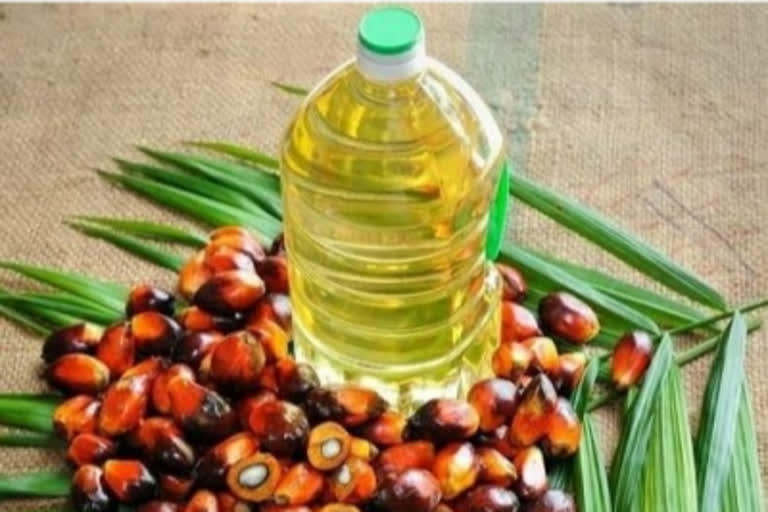New Delhi: Indonesia’s decision to lift a ban on the export of crude palm oil from Monday has come as a big relief for the world market which was reeling under supply crisis of edible oils. However, it is particularly beneficial for a country like India which is the world’s largest importer of palm oil and Indonesia’s decision to ban the export of palm oil from April 28 this year has put half of India’s palm oil supplies under cloud.
Indonesia’s the world’s largest producer and exporter of crude palm oil which is the staple cooking oil in several countries including India and the Indonesian ban has sparked the fears of supply shocks and consequent price rise as edible oil prices are at a high globally following the start of Russia-Ukraine war in February this year. As the war disrupted the supply of another important edible oil, the sunflower oil, sourced from Ukraine. India imports 1 to 1.1 million tons of edible oils per month with annual imports in the range of 13-14 million tons. Palm oil imports account for more than 60% of India’s edible oil imports.
Indonesia accounts for half of India's edible oil supplies
On a monthly basis, Indonesia’s move removed nearly 2 million tons of palm oil supplies from the global market, which is half of the monthly global trade. Indonesia’s decision, did not even last for a month as the local farmers protested the ban and Indonesia’s storage capacity reached the saturation level in less than a month. However, this more than 3-week long ban on the export of crude palm oil caused serious concerns in India as it put pressure on edible oil prices in the retail market which has already been on an elevated level for more than two years.
The problem was aggravated as sunflower oil supplies from Ukraine were already hit.
Oil & fat prices up by 17% in April on y-o-y basis
In April this year, India’s consumer inflation touched an 8 year high of 7.79%, mainly on account of high food inflation which was fuelled by price rise in food grains, cereals, edible oils, fruits and vegetables, and spices. While consumer food price inflation jumped to a 17-month high of 8.38%, the prices of oil and fats, which includes edible oils, were up by more than 17% in April this year in comparison with their prices during April 2021.
Relief for India
With Indonesia’s decision to resume the export of crude oil from Monday (May 23, 2022), India will start receiving fresh supplies of palm oil before exhausting the stock available in the country. India was importing nearly 3 to 3.25 lakh tons of palm oil from Indonesia per month before the export ban and a similar quantity was sourced from other suppliers such as Malaysia and Thailand, among others.
With the Indonesian ban, India was relying on Malaysia and Thailand as imports of another important edible oil, sunflower oil from Ukraine, were already disrupted since the start of the Russia-Ukraine war. India had a stock of over 2 million tons of edible oil in the country and nearly 1.1 to 1.2 million tons of edible oil were in transit when Indonesia had announced the ban. It was enough for more than three-months consumption but with the resumption of Indonesian supplies in less than a month would check any further prices in edible oils.
Also read: 'Palm oil import restrictions won't stop me speaking against India's actions'


